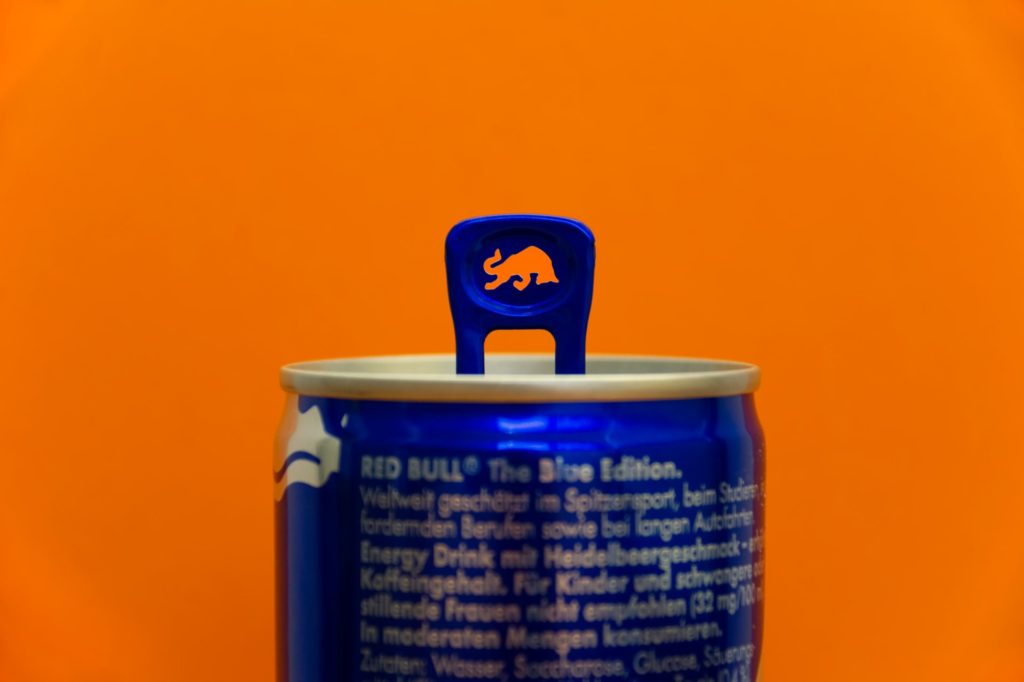The General Court of Justice of the European Union in Luxembourg has ruled that a company may not register the sound of a fizzy drinks can as a company trademark.
The court was ruling on an appeal brought by Ardagh Metal Beverage Holdings, an international supplier of all types of food and drinks containers based in Luxembourg, against a ruling by the European Union Intellectual Property Office (EUIPO), which rejected Ardagh’s attempt to claim patent protection on an audio file.
As the court judgement itself explains:
“That sign, submitted as an audio file, recalls the sound made by a drinks can being opened, followed by a silence of approximately one second and a fizzing sound lasting approximately nine seconds. Registration was sought in respect of various drinks and metal containers for storage or transport.”
In other words, Ardagh wanted to register the sound of all or most drinks cans in the world as its own protected property.
The court ruled as follows: To be registered as a patented sign, a sound must like any other registered sign have something distinctive about it, to distinguish it from all others. It is not distinctive to attempt to register ‘fizzy drinks can’ any more than it would be to copyright ‘music using notes on a 12-step scale’.
The criteria for assessing the distinctive character of sound marks, the judgement says, “do not differ from those applicable to other categories of marks, and a sound mark must have a certain resonance which enables the target consumer to perceive it as a trade mark and not as a functional element or as an indicator without any inherent characteristics.”
For the layman: Iceland is only a trademark in the context of frozen food retail; the company has no recourse against the country Iceland for the use of the word.
The court overturned the EUIPO judgement that because the fizzy drink audio was not usual for the sector, it could be protected. But that judgement was based on case law regarding three-dimensional objects such as drinks cans, packaging and designs (brands and logos are already registered separately).
In the case of an audio file, on the other hand, no customs and practices exist, and in any case the sound of a can and a fizz are so generic that they cannot be said to identify with one particular brand.
The court concludes, in its particularly courtly way:
The opening of a can or bottle is inherent to a technical solution connected to the handling of drinks in order to consume them and such a sound will therefore not be perceived as an indication of the commercial origin of those goods.”
Appeal rejected.
The appellants may choose to take their case to the top Court of Justice in Luxembourg, but only on points of law, not on the matter of the case. And they may well decide not to throw good money after bad.

